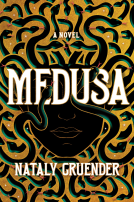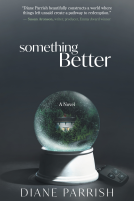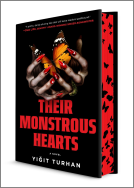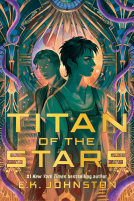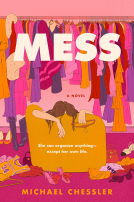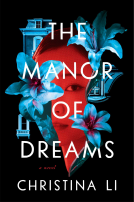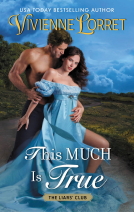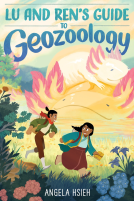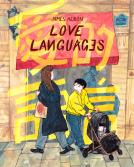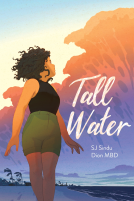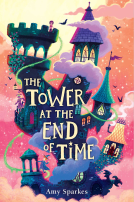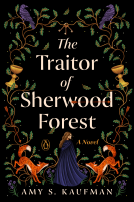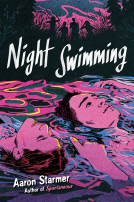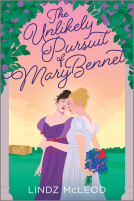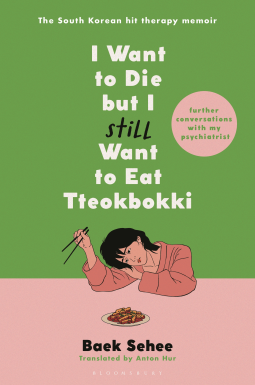
I Want to Die but I Still Want to Eat Tteokbokki
further conversations with my psychiatrist. The Sunday Times and internationally bestselling sequel to the hit Korean therapy memoir
by Baek Sehee
This title was previously available on NetGalley and is now archived.
Send NetGalley books directly to your Kindle or Kindle app
1
To read on a Kindle or Kindle app, please add kindle@netgalley.com as an approved email address to receive files in your Amazon account. Click here for step-by-step instructions.
2
Also find your Kindle email address within your Amazon account, and enter it here.
Pub Date Aug 06 2024 | Archive Date Jul 31 2024
Bloomsbury USA | Bloomsbury Publishing
Talking about this book? Use #IWanttoDiebutIStillWanttoEatTteokbokki #NetGalley. More hashtag tips!
Description
The sequel to the internationally bestselling South Korean therapy memoir, translated by National Book Award finalist Anton Hur.
Whenever depression or emptiness came calling, I was all too eager to open the door of self-pity and go right inside.
Baek Sehee started recording her sessions with her psychiatrist because she hoped to create a guide for herself. She never imagined her reflections would reach so many people, especially young people. I Want to Die but I Want to Eat Tteokbokki became a runaway bestseller in South Korea, then Indonesia, the U.K., and the U.S., drawing readers with its frank and vulnerable discussions of depression and anxiety.
Healing is an uneven process. In this second book, Baek's sessions intensify as her inner conflicts become more complex and challenging. Through her dialogues with her psychiatrist and reflective micro-essays following each session, Baek traces the patterns of her anguish, makes progress, weathers setbacks, and shares the revelatory insights that come just when she has almost given up hope.
I Want to Die but I Still Want to Eat Tteokbokki offers itself to the social media generation as a book to hold close, a friend who knows that grappling with everyday despair is part of a lifelong journey.
Available Editions
| EDITION | Other Format |
| ISBN | 9781639732302 |
| PRICE | $26.99 (USD) |
| PAGES | 224 |
Available on NetGalley
Featured Reviews
I Want to Die but I Still Want to Eat Tteokbokki: Further Conversations with My Psychiatrist by Baek Sehee and translated by Anton Hur is a poignant journey through the complexities of mental health and the simple joys of life.
I don't particularly appreciate when reviews reference other books by the same author, but I'm going to do so now. I debated reading I Want to Die but I Want to Eat Tteokbokki again before reading this sequel, but I ultimately and quickly decided against it. It was important to me that this book stand on its own in my mind for me to best appreciate it as a unique work.
The author's raw and honest portrayal of depression is both heartbreaking and hopeful. Each "session" with the psychiatrist perfectly outlines how quickly life can spiral. The protagonist's struggle to find solace in the midst of darkness resonates with my own life deeply. From triggering topics such as self-harm and disordered eating to parasocial relationships, pets, self-pity and narcissism, it is validating to see one person brave enough to seek treatment and share what many, such as myself, hold in or speak aloud into the actual void daily.
This book allows for celebration of the small pleasures to illuminate even the darkest of days. I could continue with the personal parallels, but much like the protagonist, I'd rather lean away from sounding narcissitic and dwelling in self-pity.
"Life goes on" really is the best possible message for readers to take from this book.
 Reviewer 1313274
Reviewer 1313274
WOW. I went into this book with really high hopes as the original I Want to Die but I Want to Eat Tteokbokki is one of my favorite and most highly recommended books, and Baek Sehee's follow-up lived up to all my expectations. The raw emotion and bravery shown throughout the therapy excerpts and reflective essays moved me to tears, laughter, and reflection. I think anyone struggling with their mental health should read both books to feel seen and understood, and those who are not struggling should read these books as well to understand what many of their loved ones may be experiencing. I absolutely love this book and cannot wait to buy the hardcover version to sit alongside my hardcover of I Want to Die, but I Want to Eat Tteokbokki on my bookshelf.
 Librarian 1427985
Librarian 1427985
I spent a great deal of time with this one, and I can be certain when I say that “I want to die and I still want to eat tteokbokki” is far deeper and more honest than its predecessor. While its candor could possibly be triggering for some, a book like this would not work without the author's vulnerability and benefits from not censoring her anxious and depressive thought processes. I can only speak for my personal preference but I found the repetitive nature of certain anxieties reassuring, one dosage change or therapy session does not suddenly solve a depression induced thought pattern. Set-backs and slip-ups are a part of the healing journey and recognizing this can be a comfort for a reader going through something similar. Overall this is a good follow-up to Baek Se-Hees’ first book and I would highly recommend this to anyone looking for an honest and reassuring perspective into depression.
 Book Trade Professional 948621
Book Trade Professional 948621
I found the first book in this series to be very poignant so it’s unsurprising that I also enjoyed this. Above all I have to commend the author for how vulnerable and honest this book is. Even the aspects and struggles I couldn’t relate to still really hit me because they were just discussed so openly and truthfully to the author’s experience. And, still, there was a lot that resonated with my own experience and was fascinating to see explored — this book was definitely one with lots of highlighted lines for me.
